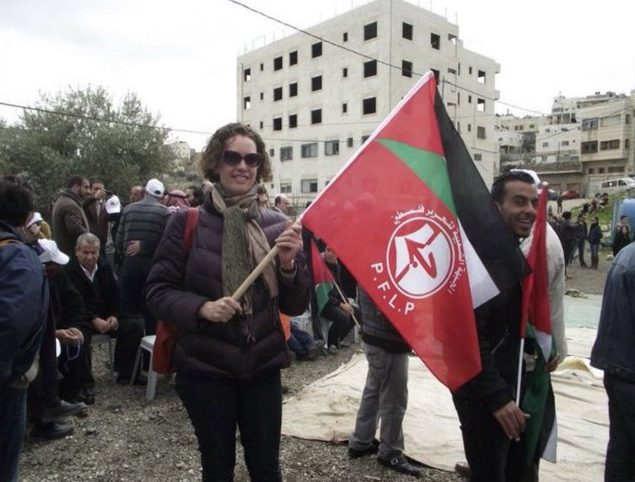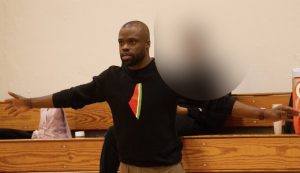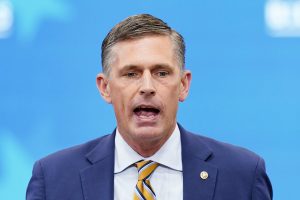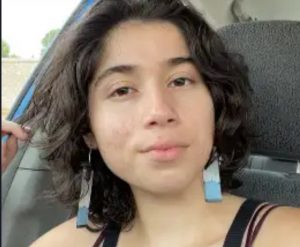The controversy surrounding Noa Shaindlinger, a professor at Worcester State University, stems from a photo that surfaced showing her posing with the flag of the Popular Front for the Liberation of Palestine (PFLP). This organization, active in Gaza, is widely recognized as a communist terrorist group. The PFLP’s activities include a significant attack on October 7th, where they sent a unit into Israel, resulting in a tragic massacre of civilians.
Who is Noa Shaindlinger?
Noa Shaindlinger is an Assistant Professor of Middle East History in the Department of History and Political Science at Worcester State University. Her academic focus lies in the history of the Middle East, North Africa, and the Mediterranean, with a particular interest in themes like violence and memory, urban histories, and settler-colonialism.
Also Read: Who is Gadi Hagai? US citizen kidnapped by Hamas terrorists in Gaza declared dead
Shaindlinger’s forthcoming book, “Displacement and Erasure in Palestine: The Politics of Hope,” offers a public history intervention into the history of Palestine, focusing on the city of Jaffa and its displaced Palestinian population. This work explores how Palestinians navigate physical and symbolic erasures by producing their own archives and historical narratives. She aims to shed new light on the role of history in everyday politics and its potential for liberation.
Her previous academic appointments include positions at the University of Toronto, North Carolina State University, and the College of the Holy Cross. Beyond academia, Shaindlinger is a committed vegan and animal rights advocate, having volunteered at Toronto Cat Rescue, and resides in Worcester with her three cats.
Also Read: Who is Tommie Lee? Instagram influencer harasses Jewish man on Uber shuttle
The incident involving her posing with the PFLP flag raises questions about academic freedom, political expression, and the responsibilities of educators in politically sensitive subjects. It underscores the complex interplay between personal beliefs, professional roles, and public perception in the contentious realm of Middle East politics.







